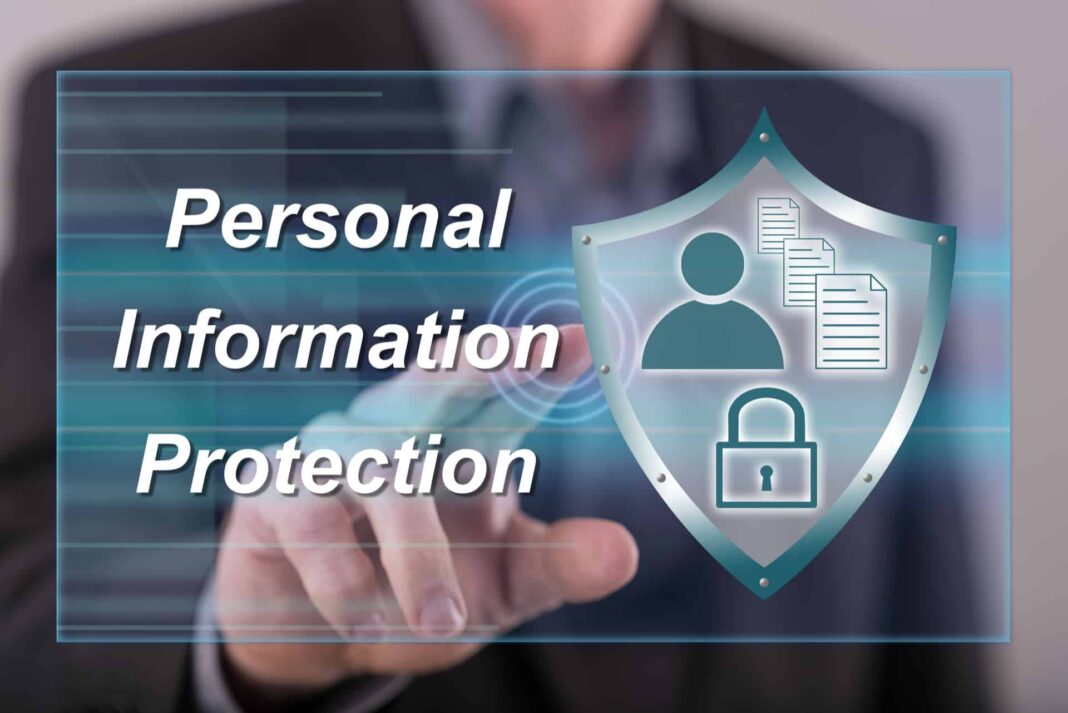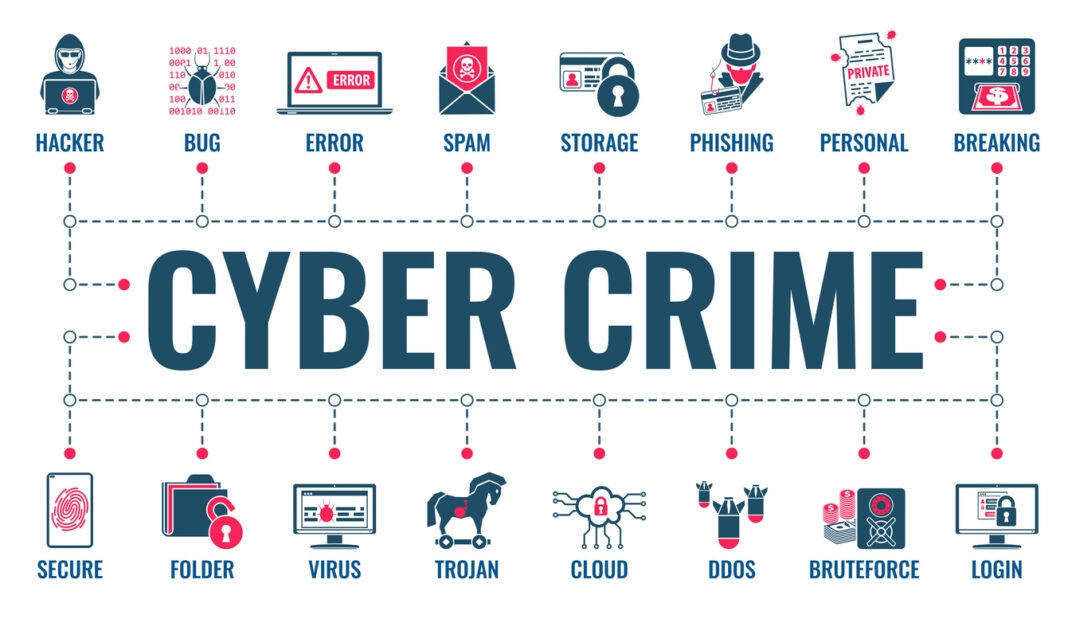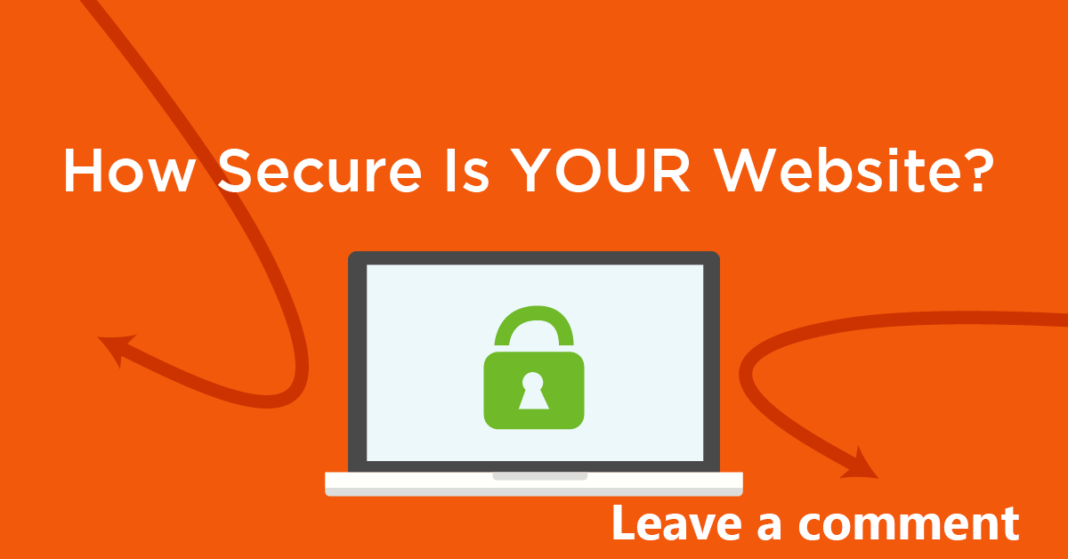As we increasingly rely on technology in our daily lives, it’s more important than ever to keep our personal information and data secure online. Here are some tips and best practices for keeping your personal information and data secure online:
- Use strong passwords: Strong passwords are essential for protecting your accounts and personal information. Use a mix of letters, numbers, and special characters, and avoid using personal information like your name or date of birth.
- Keep your software and devices up to date: Software and device updates often include important security patches and bug fixes. Make sure to keep your devices and software up to date to ensure that you have the latest protection against cyber threats.
- Be cautious when clicking on links or downloading attachments: Phishing scams are a common way for cybercriminals to steal personal information. Be cautious when clicking on links or downloading attachments from unknown sources, and always verify the authenticity of the sender.
- Use two-factor authentication: Two-factor authentication adds an extra layer of security to your accounts by requiring a second form of verification, such as a code sent to your phone, in addition to your password.
- Use a VPN: A VPN, or virtual private network, encrypts your internet connection and helps protect your personal information and data from being intercepted by cybercriminals.
- Limit the amount of personal information you share online: Be selective about the personal information you share online. The less personal information you share, the less there is to be stolen.
- Use anti-virus and anti-malware software: Anti-virus and anti-malware software can help protect your devices from malware and other malicious software. Make sure to keep the software updated and run regular scans to detect and remove any potential threats.
- Be aware of public Wi-Fi risks: Public Wi-Fi networks can be vulnerable to hackers, who can intercept your personal information and data while you are connected. Use a VPN when connected to public Wi-Fi, and avoid accessing sensitive information or accounts while on public networks.
- Use encryption: Encryption is the process of converting plain text into a coded format that can only be deciphered with a decryption key. Encryption can help protect your personal information and data from being intercepted or stolen by cybercriminals.
- Back up your data: Backing up your data regularly can help protect your personal information and data in case of a cyber attack. Keep your backups in a secure location, such as an external hard drive or cloud storage service, and make sure to encrypt your backups.
- Be aware of social engineering tactics: Social engineering is the practice of manipulating people into divulging sensitive information or performing actions that can compromise their personal information and data. Be aware of common social engineering tactics, such as phishing scams, and never provide personal information or login credentials to unsolicited requests.
- Monitor your accounts and credit reports: Regularly monitoring your accounts and credit reports can help you detect any suspicious activity or unauthorized access. If you notice any unusual activity, contact your financial institution or credit bureau immediately.
By following these tips and best practices, you can help protect your personal information and data from cybercriminals. Remember, cyber security is not a one-time process, it’s an ongoing effort to stay safe. It’s essential to be aware of the potential risks, stay informed of the latest threats, and take steps to mitigate them. Keep in mind that it’s not just about protecting yourself from cyber attacks, it’s also about protecting your data and personal information from being compromised. Stay vigilant and stay safe online.



